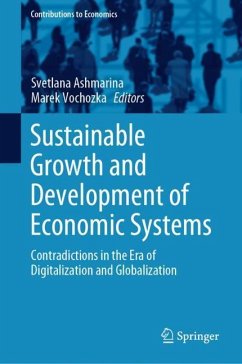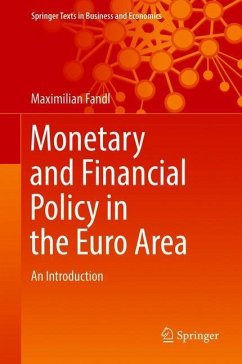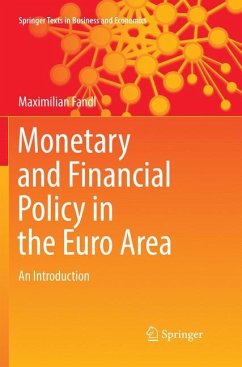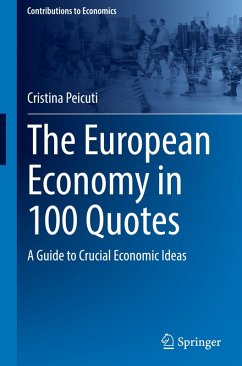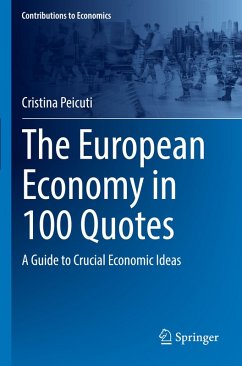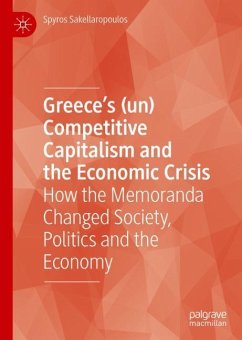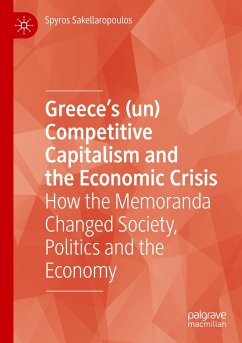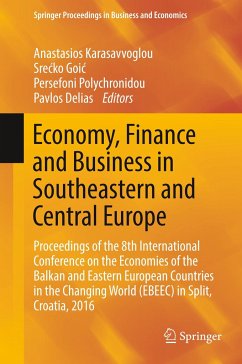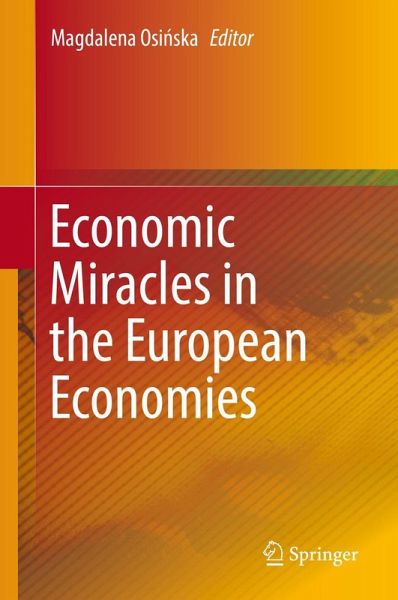
Economic Miracles in the European Economies

PAYBACK Punkte
53 °P sammeln!
This book undertakes a theoretical and econometric analysis of intense economic growth in selected European countries during the end of the twentieth century and the beginning of the twenty first. Focusing on the accelerated economic growth that occurred in Ireland, the Netherlands, Spain, and Turkey, this book investigates the determinants and consequences of this "miracle" growth and discusses them in context of growth and development processes observed in European market-type economies after the World War II. Using imperfect knowledge economics (IKE) as a theoretical framework to interpret ...
This book undertakes a theoretical and econometric analysis of intense economic growth in selected European countries during the end of the twentieth century and the beginning of the twenty first. Focusing on the accelerated economic growth that occurred in Ireland, the Netherlands, Spain, and Turkey, this book investigates the determinants and consequences of this "miracle" growth and discusses them in context of growth and development processes observed in European market-type economies after the World War II. Using imperfect knowledge economics (IKE) as a theoretical framework to interpret the empirical results, this book provides a fresh theoretical perspective in comparison with current Neo-classical, Keynesian and institutional paradigms. With this systematic approach, the authors seek to provide a unified methodology for evaluating the phenomenon of intense economic growth that has heretofore been missing from the discipline. Combining diverse theoretical and methodological strategies to provide a holistic understanding of the historical process of economic change, this volume will be of interest to students and scholars of economic growth, econometrics, political economy, and the new institutional economics as well as policymakers.





